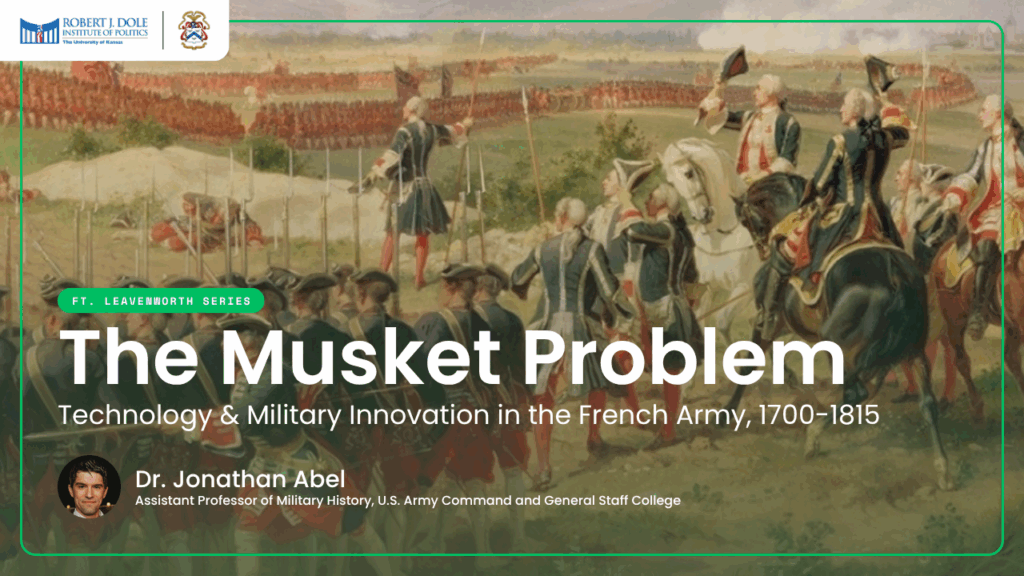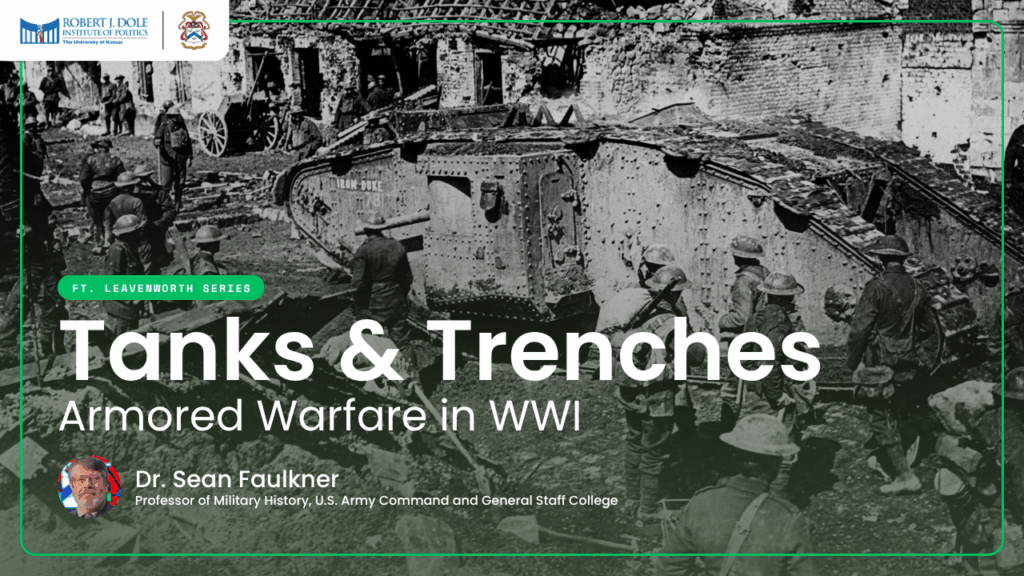
- This event has passed.
1979: The Turning Point of the Cold War
September 3, 2020 @ 12:00 am
President Carter had a visceral dislike of the CIA and its use of covert missions. However, he overcame his initial perception when he saw an opportunity to use the CIA and its covert action as a means to increase the pressure on the political and social systems of the Soviet Union. Using the tenets of the Helsinki Accords as a means to advance the cause of human rights and civil liberties, Carter used the CIA as a critical tool to support the Solidarity Movement in Poland, as well as the Mujahideen in Afghanistan. Though credit for these efforts tends to fall to the presidency of Ronald Reagan, it was, in fact, President Carter, who saw this unique opportunity to pressure the Soviet Union on its human rights record. Carter’s efforts represent a critical turning point in the last decade of the Cold War.
This program will be live-streamed to the institute’s YouTube channel and its website, www.doleinstitute.org. Due to continuing concerns regarding the novel coronavirus pandemic, the program will only be available online. Follow the Dole Institute on Facebook, Instagram, or Twitter for updates regarding this and future programming.
Dr. Sean N. Kalic
Kalic, a Professor in the Department of Military History at the US Army’s Command and General Staff College in Fort Leavenworth, Kansas, where he has taught since 2004, is a Cold War scholar, who has written on the militarization of space, the global war on terrorism, US space policy, Cold War espionage, and the Russian Revolution. Additionally, he has presented lectures for the Slovenian General Staff, the Slovenian Command and General Staff College, the US Naval War College, and the US Army’s Futures Study Group.
Related Events
The Dole Institute is committed to universal accessibility in all programs and resources. We are in the process of making all of our web projects fully accessible. An accessible version of the material represented on this site will be made available upon request. Please contact us at doleinstitute@ku.edu to request the material be made available in an accessible format, or for general assistance.


